To remain competitive in today’s world, countries must
harness the power of emerging technologies to foster economic growth. Leaders
in key decision-making roles require a deep understanding of the technology,
infrastructure, and systems that are critical to improving economic conditions
and driving prosperity. Underlying these systems is the foundational role of
engineering. Recent development such as the launching of the
Queen Elizabeth
Prize for Engineering continue to demonstrate the significant role that policy
makers are putting on innovation as a force in economic transformation.
In response, Harvard Kennedy School (HKS) Executive
Education offers Innovation for Economic Development, a program aimed at
helping leaders enhance global competitiveness, boost the economy, and preserve
the environment. Led by a cadre of renowned authors, leading researchers, and
distinguished professors who are experts in their fields, the program examines
strategies and measures for aligning technology and innovation trends with
development policy objectives. Moreover, the program helps leaders design and
implement innovation policies for economic development. You will emerge well
equipped to apply global lessons and capitalize on technology developments
within your own organization or country.
Learning objectives:
- Explore
the role of innovation systems, industrial clusters, engineering and technology
in economic transformation
- Examine
the evolution and impact of emerging technologies in fields such as information
and communications technologies, genomics, energy, and nanotechnology
- Identify
how entrepreneurial ecosystems contribute to value creation and capture
- Align
technological developments with policy objectives
- Design
and implement innovation policies for economic development
- Identify
strategies for strengthening science and innovation advice as well as diplomacy
The program is led by Faculty Chair
Calestous Juma (
@calestous), Professor of the Practice of International Development at Harvard Kennedy School and author of
The New Harvest: Agricultural Innovation in Africa (Oxford
University Press, 2011). He was a member of the selection jury of the
Queen Elizabeth Prize for Engineering. Professor Juma is currently
writing a book on engineering for global development
, and is a regular contributor on Harvard Kennedy School's
Science, Technology, and Globalization blog.
"In today's global economy,
innovation is the engine of economic growth. This program offers a
strong strategic framework for understanding the role of national
scientific and technology policy in the context of a broader development
agenda.”
-Mr. Kong Cho Ha, Minister, Ministry of Transport, MALAYSIA
Innovation for Economic Development (IFED)
June 15, 2014 - June 20, 2014
Calestous Juma

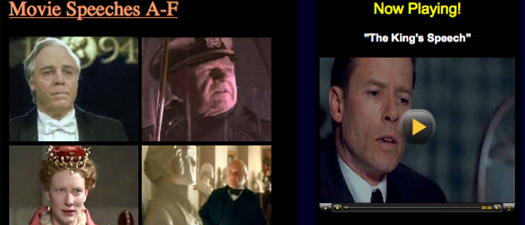

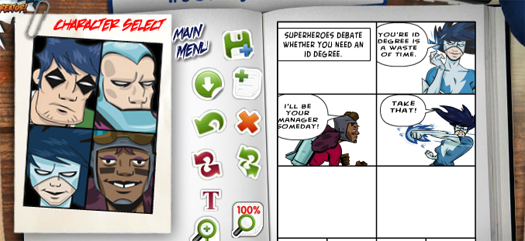 Learn to write and design a comic book or graphic novel. Using
Learn to write and design a comic book or graphic novel. Using 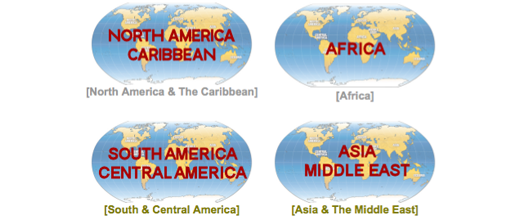 Expand your knowledge of current events and other cultures by reading newspapers from around the world. At
Expand your knowledge of current events and other cultures by reading newspapers from around the world. At 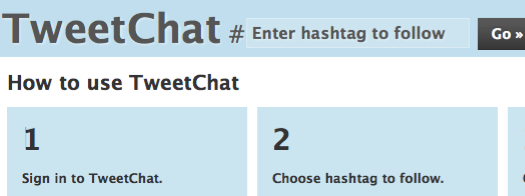
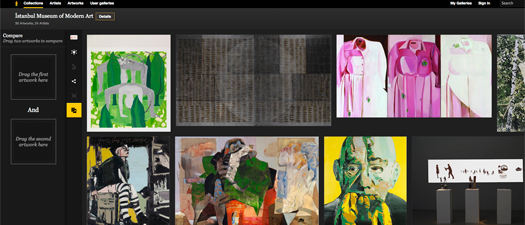

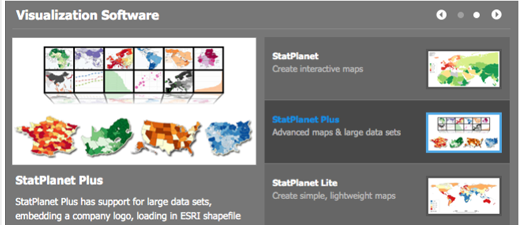


 Perhaps you’ve heard of
Perhaps you’ve heard of 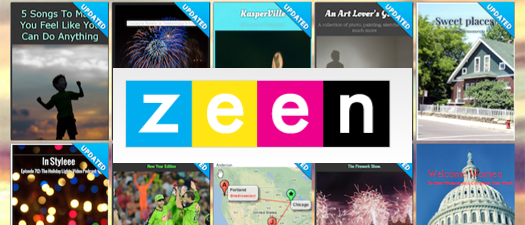
 Maps bring us geography, history and culture. Travel back in time as
you peruse beautiful old maps from some of these collections:
Maps bring us geography, history and culture. Travel back in time as
you peruse beautiful old maps from some of these collections: